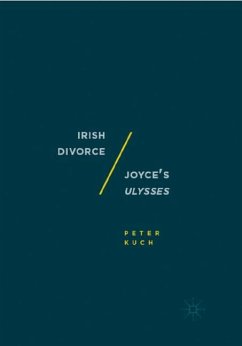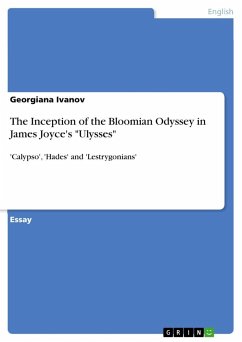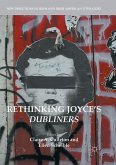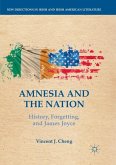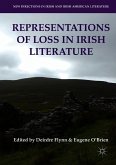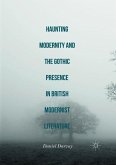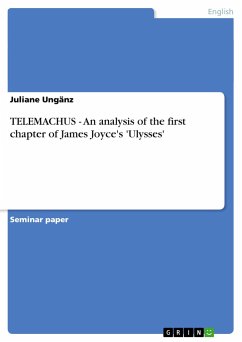This engrossing, ground-breaking book challenges the long-held conviction that prior to the second divorce referendum of 1995 Irish people could not obtain a divorce that gave them the right to remarry. Joyce knew otherwise, as Peter Kuch reveals-obtaining a decree absolute in Edwardian Ireland, rather than separation from bed and board, was possible. Bloom's "Divorce, not now" and Molly's "suppose I divorced him"-whether whim, wish, fantasy, or conviction-reflects an Irish practice of petitioning the English court, a ruse that, even though it was known to lawyers, judges, and politicians at the time, has long been forgotten. By drawing attention to divorce as one response to adultery, Joyce created a domestic and legal space in which to interrogate the sometimes rival and sometimes collusive Imperial and Ecclesiastical hegemonies that sought to control the Irish mind. This compelling, original book provides a refreshingly new frame for enjoying Ulysses even as it prompts thegeneral reader to think about relationships and about the politics of concealment that operate in forging national identity
"His research and his critical readings are contributive, dense, and delicious. ... I am pleased to give this book full credit for all its admirable and useful about it, while neither ignoring nor minimizing problems that might, in time, seem merely cosmetic." (Margot Gayle Backus, The Canadian Journal of Irish Studies, Vol. 42, 2019)
"It's central thesis is quite simple: contrary to what had been thought, divorce in Ireland was a 'realistic option' for Bloom or Molly should they have chosen to seek it. ... It might be thought that Kuch, professor of Irish studies at the University of Otago, New Zealand, is engaging in speculation about mere what-ifs ... . Kuch pursues this theme through a labyrinth of legal cases, and throughout Ulysses, in a hugely impressive way." (Terence Killeen, The Irish Times, irishtimes.com, June, 2017)
"It's central thesis is quite simple: contrary to what had been thought, divorce in Ireland was a 'realistic option' for Bloom or Molly should they have chosen to seek it. ... It might be thought that Kuch, professor of Irish studies at the University of Otago, New Zealand, is engaging in speculation about mere what-ifs ... . Kuch pursues this theme through a labyrinth of legal cases, and throughout Ulysses, in a hugely impressive way." (Terence Killeen, The Irish Times, irishtimes.com, June, 2017)

